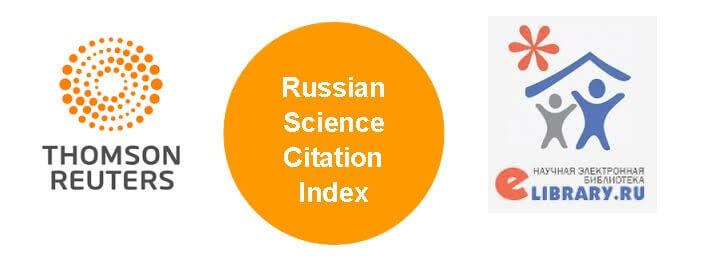Publication Ethics
Ethics Of Scientific Publications
The legal basis for Publication Ethics constitutes international standards: the provisions adopted at the 2nd World Conference on Research Integrity compliance (Singapore, 22-24 July 2010); regulations developed by the Committee on the Ethics of Scientific Publications (The Committee on Publication Ethics - COPE), and the rules of Chapter 70 «Copyright» of the Civil Code of the Russian Federation.
The journal «Sorbtsionnye i Khromatograficheskie Protsessy» adheres to generally accepted ethical standards of scientific publications.
1. Publications should:
- be in correspondence with the topics of the journal;
- be an independent research. Uninformative and considerably repeating the previously published data materials are not accepted;
- rely on the works of other native and foreign researchers and experts, they should contain relevant links;
- be relevant study (contain elements of scientific, practical and informational originality);
- be consistent with the technical requirements of the journal to the manuscript;
- contain a complete list of references;
- include a reference to a source of financial support for the research (if available);
- be original and not contain plagiarism and deliberately distorted data.
2. Author’s responsibility:
- to provide the clarity and precision in presentation of results;
- to guarantee the originality of the material presented;
- to be in charge of the presented research results;
- to avoid parallel or earlier publications of the material presented;
- to present materials in accordance with the requirements of the editorial board;
- to participate in the process of reviewing;
- to contribute significantly to the results of the work
3. Editorial Board’s responsibility:
- Editors have complete responsibility and authority to reject/accept a manuscript (based on review)
- Editors should not have any conflict of interests with respect to manuscripts they reject/accept
- Editors accept only those manuscripts which are reasonable and clear
- Editorial Board notifies authors about external reviewing of manuscripts
- Editors secure anonymity of reviewers
- If any inaccuracies are found, the Editorial Board promotes publication of correction or retraction in the next issue of the journal
- The paper should be published in 1-2 months after accepting.
4. Reviewing
- The journal uses the method of double “blind” reviewing, i.e. the reviewer and the author are not familiar to each other
- The review contains a set of formal criteria for manuscript evaluation (scientific novelty, investigation relevance, level of research and so on) and recommendations to an author about further reviewing (if it is necessary)
- Editorial Board requires from reviewers objective analysis of a manuscript
- Reviewers are obliged to reveal in submitted manuscript the fragments of papers published earlier without referring
- Editorial Board organizes the review process in such a way that to avoid conflict of interest(s) with respect to the research, the authors and/or the research founders
- Reviewers should point out relevant published works which are not cited
- Reviewed manuscripts are treated confidentially.
5. General questions
- Editorial Board controls the publication ethics
- Editorial Board provides guidelines for retracting articles
- Editors follow common principles when deciding to reject/accept an article
- Editorial Board provides high level of published articles
- Editorial Board maintains the integrity of the academic record
- Editorial Board precludes business needs from compromising intellectual and ethical standards
- Editorial Board publishes corrections, clarifications, apologies and rebuttals, if any
- Editorial Board takes every possible precaution to avoid plagiarism and using deliberately distorted data.
ALL PUBLICATIONS ARE FREE OF CHARGE.






